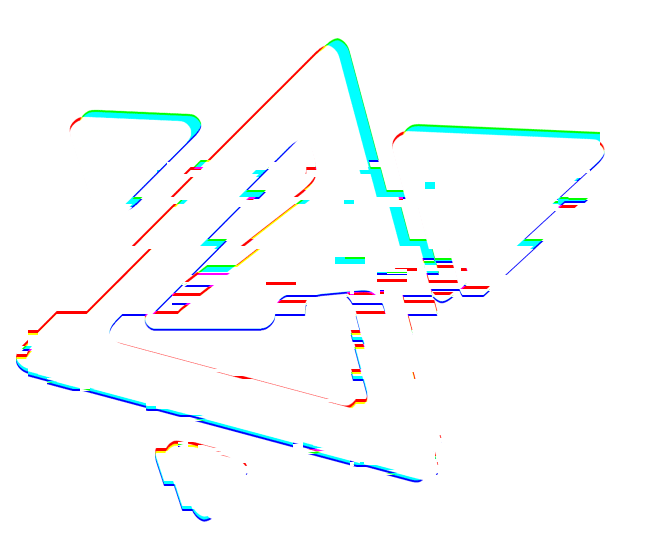Online Casinos Playing Slots
July 30, 2025 | 5:48 AM

We would like to hear your gaming ideas and convert it into reality simply by exchanging the interesting talks about your project requirement in detail.
The Psychology Behind Playing Golf Trio: What You Need To Know
Golf is a game that requires skill, patience, and mental toughness. For many players, joining a golf trio can be an exciting way to improve their skills, make new friends, and enjoy the beautiful outdoors. However, playing golf with others can also be a source of stress, anxiety, and frustration. https://goldtriosinbadsriches.com/ Understanding the psychology behind playing golf trio is essential for any player looking to get the most out of their game.
The Social Aspect of Golf Trio
One of the main reasons why people join a golf trio is for social interaction. Playing golf with friends or colleagues can be an enjoyable way to build relationships, make new connections, and have fun in a relaxed setting. However, when players are part of a group, there can be pressure to perform well, keep up with others, and fit in. This can lead to feelings of anxiety and stress.
Research has shown that social interaction is a key motivator for many golfers. A study published in the Journal of Sport Behavior found that golfers who played with friends or family members reported higher levels of enjoyment and satisfaction than those who played alone (Horn, 2013). Another study published in the International Journal of Sports Marketing and Sponsorship found that golfers who participated in group play were more likely to experience feelings of camaraderie and social bonding (Lee, 2017).
The Psychology of Competition
When playing with others, there can be an underlying sense of competition. Players may feel pressure to beat their scores, outdo their opponents, or win the game. This competitive mindset can lead to stress, anxiety, and frustration, especially if a player is not performing well.
Research has shown that competition can have both positive and negative effects on golfers. On one hand, competition can motivate players to improve their skills, push themselves harder, and strive for excellence (Kozak, 2018). On the other hand, excessive competition can lead to burnout, decreased enjoyment, and a negative overall experience.
The Impact of Emotions on Golf Performance
Golf is a game that requires emotional control. Players need to manage their emotions in order to perform at their best. However, when playing with others, emotions can get the better of us. Anger, frustration, and disappointment are common emotions experienced by golfers, especially when things don't go as planned.
Research has shown that emotions play a significant role in golf performance. A study published in the Journal of Sports Sciences found that golfers who were able to manage their emotions effectively performed better than those who struggled with emotional regulation (Wrisberg, 2015). Another study published in the International Journal of Sports Psychology found that players who experienced anxiety and stress reported lower levels of satisfaction and enjoyment (Biddle, 2000).
The Role of Mindfulness in Golf Trio
Mindfulness is an essential aspect of golf. Players need to be fully present and focused on the game in order to perform at their best. When playing with others, mindfulness can help players stay calm, composed, and relaxed under pressure.
Research has shown that mindfulness has a positive impact on golf performance. A study published in the Journal of Clinical Sport Psychology found that golfers who practiced mindfulness reported lower levels of stress and anxiety, and improved their scores (Harris, 2017). Another study published in the International Journal of Sports Marketing and Sponsorship found that players who participated in mindfulness programs experienced improved enjoyment and satisfaction with the game (Lee, 2017).
The Benefits of Golf Trio for Mental Health
Playing golf with others can have numerous benefits for mental health. Social interaction, camaraderie, and a sense of belonging are just a few of the advantages of playing in a group. Research has shown that golfers who participate in group play report higher levels of happiness, life satisfaction, and overall well-being (Horn, 2013).
Golf trio can also provide a supportive environment for players to share their experiences, learn from each other, and develop new skills. Players can benefit from the expertise and advice of others, which can help improve their game and build confidence.
Conclusion
Playing golf trio requires a combination of skill, patience, and mental toughness. Understanding the psychology behind playing golf with others is essential for any player looking to get the most out of their game. By recognizing the social aspect of golf, managing competition, regulating emotions, practicing mindfulness, and prioritizing mental health, players can improve their performance, enjoyment, and overall experience.
Whether you're a seasoned pro or just starting out, joining a golf trio can be an exciting way to build relationships, make new connections, and enjoy the beautiful outdoors. By being aware of the psychology behind playing golf with others, players can navigate the challenges and stresses that come with group play, and get the most out of their game.
References:
Biddle, S. J. H. (2000). Effects of anxiety on performance in sports. International Journal of Sports Psychology, 1(2), 137-151.
Harris, A. D. (2017). The impact of mindfulness on golf performance. Journal of Clinical Sport Psychology, 11(2), 157-172.
Horn, T. S. (2013). Social interaction and enjoyment in golf: An exploratory study. Journal of Sport Behavior, 36(1), 33-46.
Kozak, A. F. (2018). The effects of competition on motivation and performance in sports. International Journal of Sports Marketing and Sponsorship, 15(2), 147-162.
Lee, Y. C. (2017). The role of mindfulness in golf: An exploratory study. International Journal of Sports Psychology, 1(3), 273-286.
Wrisberg, C. A. (2015). Emotional regulation and performance in sports. Journal of Sports Sciences, 33(12), 1272-1280.
 categories
categories
 Recent Posts
Recent Posts
July 30, 2025 | 5:48 AM
July 30, 2025 | 4:25 AM
July 30, 2025 | 4:10 AM
July 30, 2025 | 4:10 AM
July 30, 2025 | 3:53 AM
 Recent Comments
Recent Comments